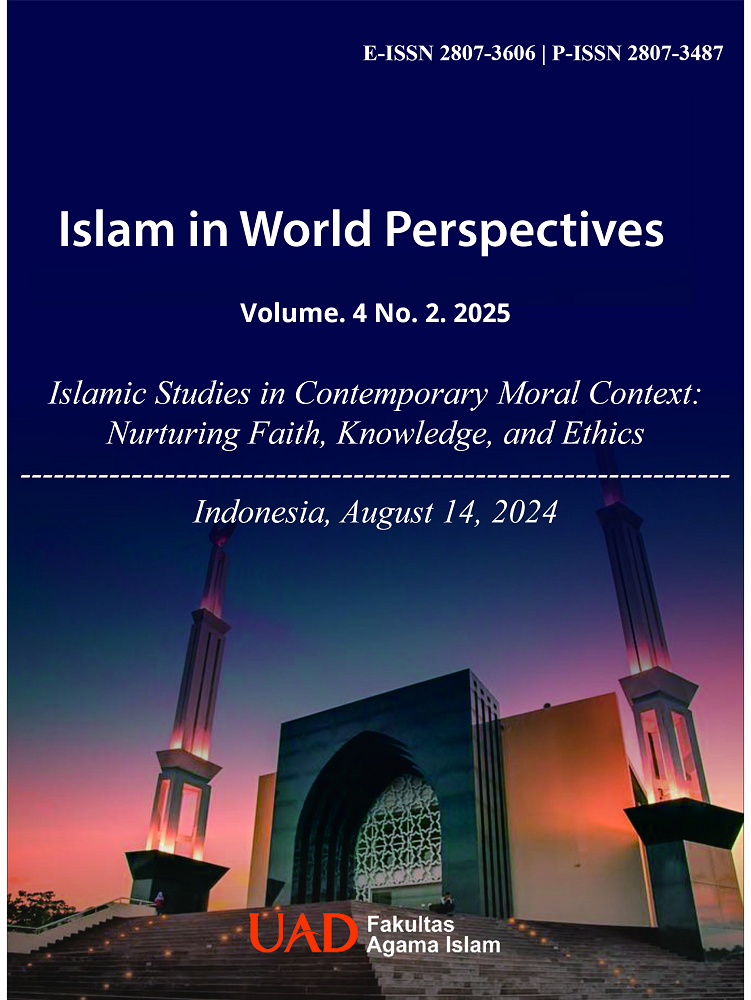Rejection of the single banking system in Aceh after the merger of three general banks into BSI (Case study on students and Acehnese society in Yogyakarta)
Abstract
This article examines the rejection of a single banking system in Aceh after the merger of three commercial banks into Bank Syariah Indonesia (BSI). This study focuses on the views of students and the Acehnese community in Yogyakarta, who felt the direct impact of the implementation of the Sharia Financial Institution Qanun (LKS) in Aceh. The implementation of Qanun LKS has required all financial institutions in Aceh to operate based on sharia principles, however this policy has generated criticism, especially regarding limited banking facilities and options. The research results show that the people of Aceh face various obstacles, including lack of accessibility of BSI facilities, technical problems with mobile banking services, and changes in banking culture that force people to adapt to the new system. This study highlights the challenges faced by BSI in meeting sharia banking needs in Aceh, as well as the need to improve facilities and services to support the implementation of a more effective and inclusive sharia banking system in the area.
Downloads
Published
Issue
Section
License
Copyright (c) 2024 Albar Hasan, Fitria Nurma Sari

This work is licensed under a Creative Commons Attribution-ShareAlike 4.0 International License.
Authors who publish with Islam in world perspectives agree to the following terms:
- Authors retain copyright and grant the journal right of first publication with the work simultaneously licensed under a Creative Commons Attribution License (CC BY-SA 4.0) that allows others to share the work with an acknowledgment of the work's authorship and initial publication in this journal.
- Authors are able to enter into separate, additional contractual arrangements for the non-exclusive distribution of the journal's published version of the work (e.g., post it to an institutional repository or publish it in a book), with an acknowledgment of its initial publication in this journal.
- Authors are permitted and encouraged to post their work online (e.g., in institutional repositories or on their website) prior to and during the submission process, as it can lead to productive exchanges, as well as earlier and greater citation of published work.

This work is licensed under a Creative Commons Attribution-ShareAlike 4.0 International License.



